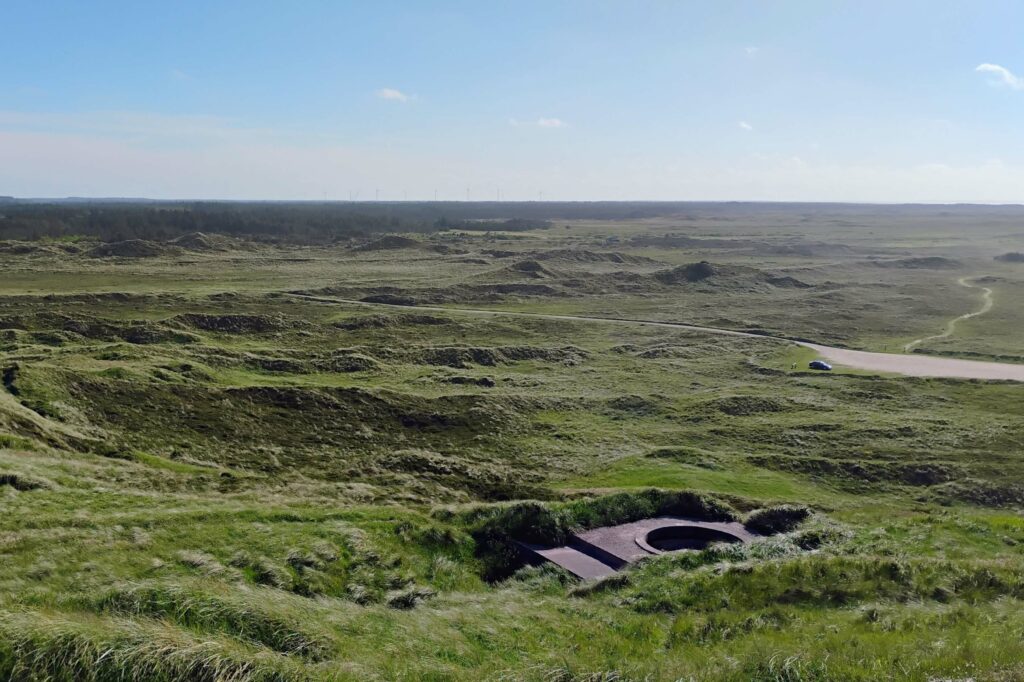

Patterns of land use reflect relationships between human societies and the ecological basis they depend on and make use of. Through time these relationships transform incrementally or dramatically, indicating changes in human-nature relationships that offer researchers a unique insight into the environmental history of societies and the social history of environments.
Human dominated landscapes are complex social-ecological systems in which land use management is influenced by composite arrays of anthropogenic and natural factors. Farmers and foresters are the primary agents in most such landscapes. Through their daily practices, they realize the decision making patterns of society as patterns of land use, materializing the combined impact of policy, markets, dreams, visions, needs and other aspects of the social world as biophysical landscape change. Gradually but directly, this is what changes the state of the terrestrial environment. In terms of general concepts and theory, it is currently rather poorly understood how this takes place. Little is known about how decision imperatives reach the primary agents, how they are received and expressed, resisted or replaced in processes that eventually crystalize into decisions and action. Even less is known about how such processes are mediated and organized among agents, and about how decision making is situated within the socio-ecological context of the landscape itself.
Work conducted in the lab address these fundamental questions from a variety of angles, combining approaches from the social and natural sciences and the humanities to model social-ecological agency in the context of historical and contemporary land transformation trajectories.
Researchers:
Image credits: The authors and consortium partners in the EU Horizon project Legendary and the regional development fund project Holistic Land Use Solutions.
0 0
